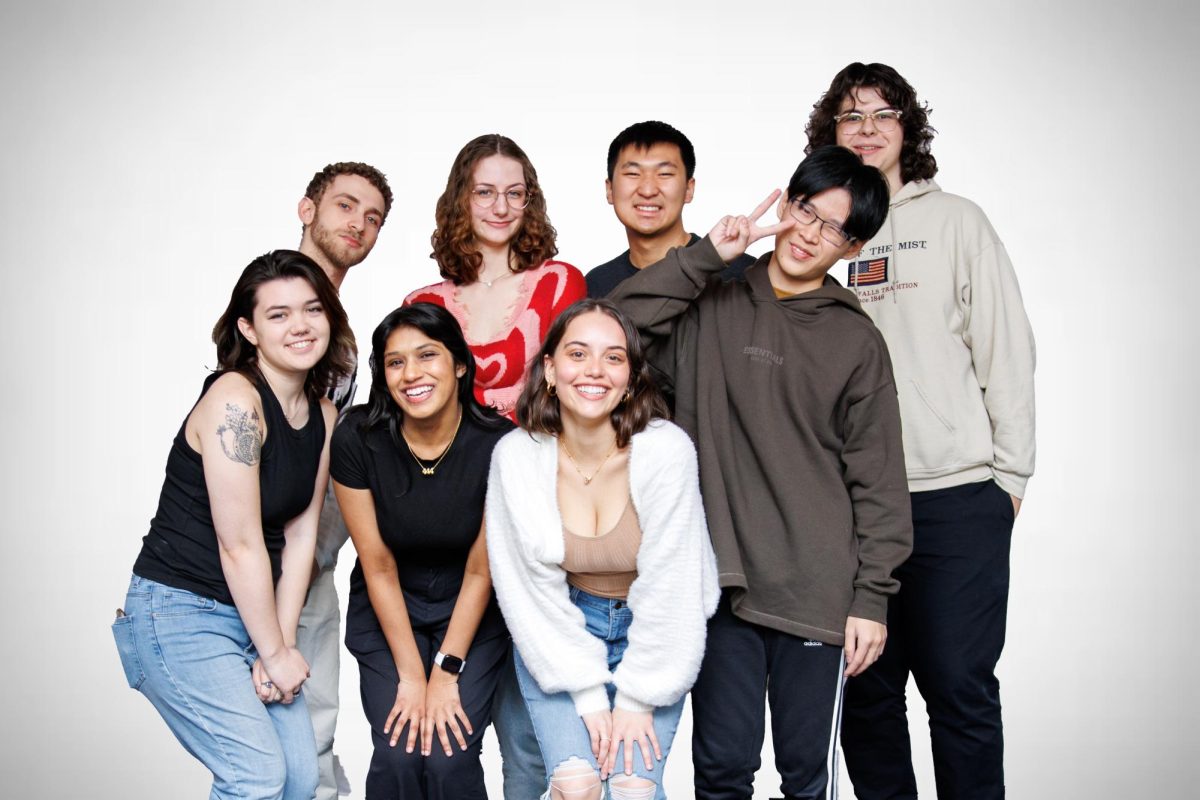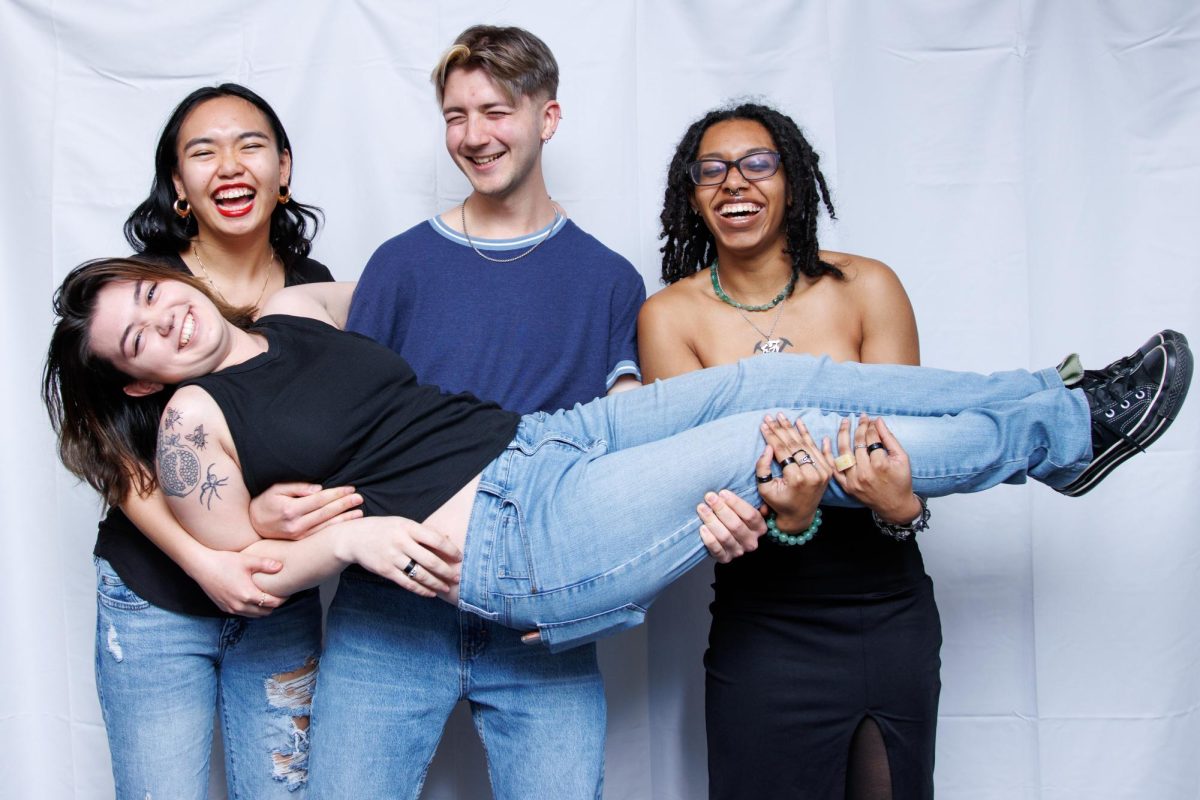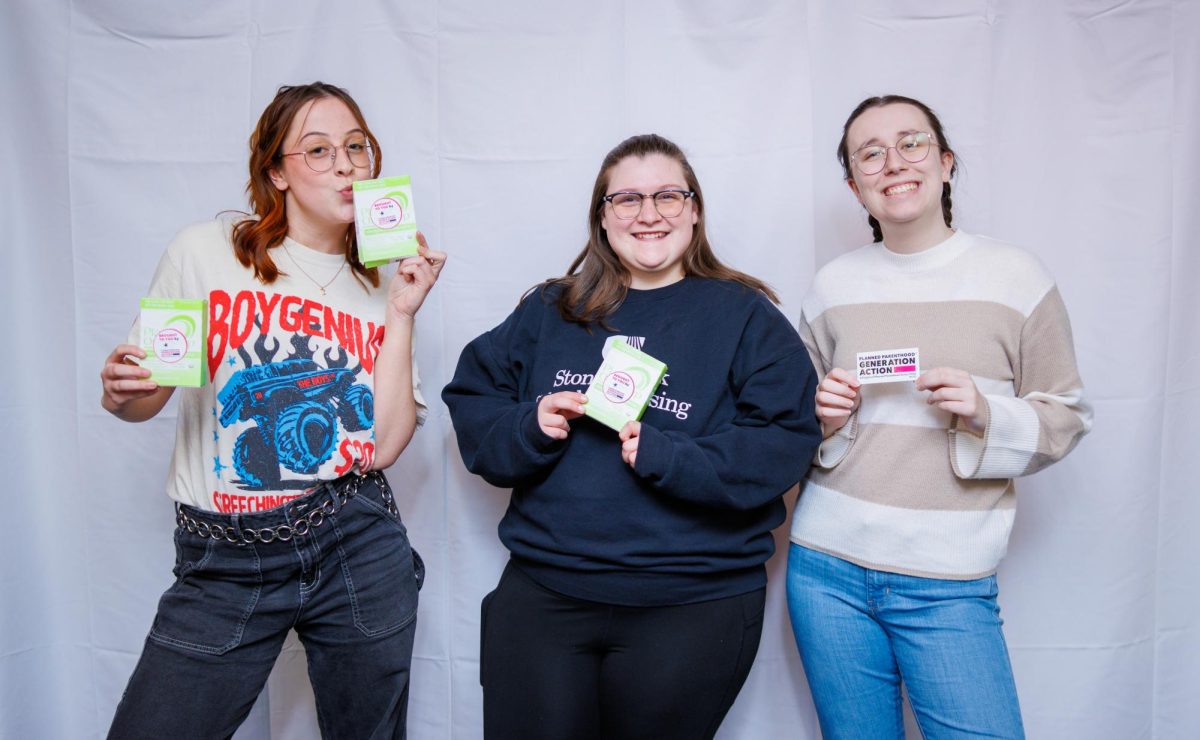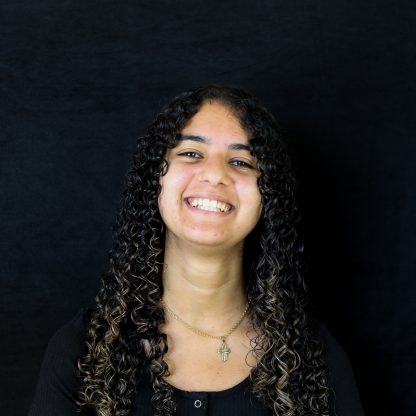
College life is often described as a time for growth, independence and self-discovery, as well as a time for exploring relationships. But in the fast-paced world of higher education, relationships can often be a confusing and challenging territory to navigate. At Stony Brook University, students and spiritual leaders alike offer valuable perspectives on what constitutes a healthy and faithful relationship.
Father Sean Magaldi, a Chaplain in the Stony Brook Catholic Campus Ministry reflected on his own experiences with students. He acknowledged the efforts that students put into understanding each other’s intentions within the ministry and on campus.
“Within the culture that I deal with regularly, I think that their ideals tend to be one of mutual respect, and I think that for the most part, they try their best to make sure it’s clear what each person’s intentions are,” he said.
Magaldi also explained how relationship-specific terminology has evolved over the years, adding to the confusion associated with navigating relationships.
“People aren’t necessarily sure what their relationship status is from a romantic perspective, like ‘dating’ and ‘hanging out’ are words that can [mean different things],” he said. “When I was in college you were dating, and now people might say they’re hanging out.”
Regardless of the terminology used, Kayla Haz, a Catholic senior majoring in psychology, shared her beliefs on what differentiates a healthy versus an unhealthy relationship.
“Fully practicing Catholic relationships can be unhealthy if you’re not communicating well, if you’re holding grudges, if you’re not expressing what frustrates you to the other person that you love,” she said. “Then you’re just holding that in and then one day they’ll explode.”
Haz is not the only one who values this kind of intentional communication; Mar Cosme, a junior English major, shares similar ideas.
“A key to having a healthy relationship is to like your partner and to care about them,” Cosme said. “If you build off of that and some sort of basic ability to communicate, you can learn and grow with your partner.”
Magaldi also emphasized the importance of improving communication to cultivate healthy relationships.
“People think differently, and it’s important to understand we’re not mind readers. I think oftentimes people in relationships, whether romantic or just friendships or even familial relationships, assume the other person knows what they’re thinking which causes tension and friction,” he said.
But while searching for a healthy relationship, some students may be unsure of what they are looking for. As Cosme noted, “There are a lot of people who sort of get lost sometimes and are trying to have a relationship that maybe they’re not ready for.”
To help with this internal struggle, Haz suggests students try to find themselves before looking to others.
“First we need to know ourselves before we can give a sincere gift of self,” she said.
For the students who might feel pressured by society or the college environment to get into a relationship, Magaldi shares a piece of advice on resisting the influence.
“Pressure is good in a certain sense, because think [about] when you have a deadline the pressure sometimes can help motivate. But I think that in relationships, the deadline is a lot softer, so then sometimes that pressure can be negative because you can force yourself to do something that may not be good in the long term,” he said.
Magaldi also explained how the technological world today places certain stressors on students when it comes to dating as opposed to 10 years ago, before texting and social media became more prevalent.
He explained that people “were forced to communicate verbally a lot more” and did not need to craft a perfect text to ask someone out on a date. Rather, someone who wished to ask out another would have to call the person’s home and talk to their parents in order to reach them.
Ultimately, no matter what type of relationship a person is looking for, it all depends on personal preferences, beliefs and knowing oneself to know what to expect.
“You’re giving yourself to the other person, caring about the other person, looking at love as willing the good for the other, rather than what you might be able to take from somebody else,” Magaldi said.





















